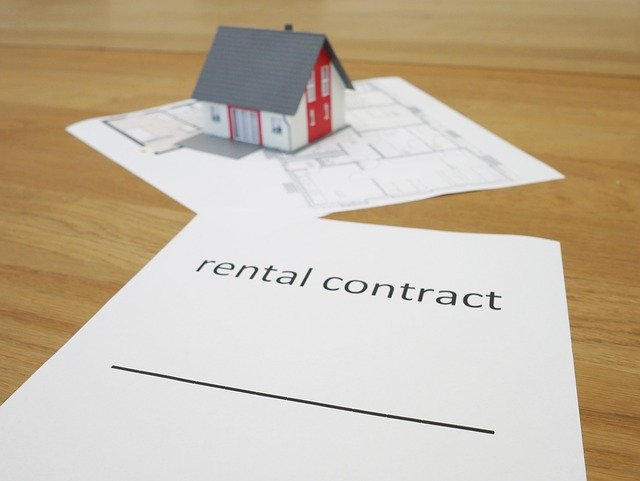How Can One Apply for Low Income Housing - Everything You Need to Know
Navigating the process of applying for low income housing can be challenging, especially for seniors and adults seeking affordable living options. This comprehensive guide will walk you through the eligibility requirements, application process, benefits for seniors and adults, and important considerations when seeking low income housing assistance. By understanding these key aspects, you'll be better prepared to secure suitable and affordable housing that meets your needs.

What are the eligibility requirements for low income housing?
Eligibility for low income housing programs typically depends on several factors, including income level, family size, citizenship status, and age. Generally, applicants must have an income at or below 50% of the area median income (AMI) to qualify. However, some programs may have different income thresholds, such as 30% or 80% of AMI. Additionally, priority is often given to vulnerable populations, including seniors, individuals with disabilities, and families with children.
To determine your eligibility, you’ll need to provide documentation of your income, assets, and family composition. This may include pay stubs, tax returns, bank statements, and birth certificates or other identification documents for all household members. It’s important to note that eligibility criteria can vary depending on the specific program and location, so it’s best to check with your local housing authority or the U.S. Department of Housing and Urban Development (HUD) for precise requirements in your area.
How do you apply for low income housing?
The application process for low income housing can be complex, but breaking it down into steps can make it more manageable:
-
Research available programs: Start by exploring the different types of low income housing programs in your area, such as public housing, Section 8 Housing Choice Vouchers, or other subsidized housing options.
-
Contact your local housing authority: Reach out to your local public housing agency (PHA) to obtain information about available programs and application procedures.
-
Gather required documents: Collect all necessary documentation, including proof of income, identification, and any other required paperwork.
-
Complete the application: Fill out the application form accurately and thoroughly. Some housing authorities may offer online applications, while others require paper forms.
-
Submit the application: Turn in your completed application along with all required documents to the appropriate housing authority or property management office.
-
Wait for processing: Be prepared for potentially long wait times, as demand for low income housing often exceeds availability.
-
Attend an interview: If your application is selected, you may be required to attend an interview to verify your information and discuss housing options.
-
Receive a decision: The housing authority will notify you of their decision regarding your eligibility and placement on a waiting list if applicable.
What are the benefits of low income housing for seniors and adults?
Low income housing programs offer numerous benefits for seniors and adults, making them an attractive option for those struggling with housing costs:
-
Affordable rent: The primary benefit is reduced rent, typically limited to 30% of the household’s adjusted income.
-
Improved quality of life: Access to safe, stable housing can lead to better health outcomes and reduced stress.
-
Community support: Many low income housing developments offer on-site services and community activities, promoting social connections and support networks.
-
Accessibility features: Senior-specific housing often includes amenities tailored to older adults, such as grab bars, elevators, and wheelchair-accessible units.
-
Utility assistance: Some programs may include utility allowances or assistance to help reduce overall housing costs.
-
Maintenance and repairs: In many cases, property management is responsible for maintenance and repairs, relieving residents of these burdens.
-
Location benefits: Low income housing is often situated near public transportation, healthcare facilities, and other essential services.
What are important things to remember when applying for low income housing?
When pursuing low income housing options, keep these crucial points in mind:
-
Be patient: Waiting lists for low income housing can be long, sometimes taking months or even years.
-
Stay informed: Keep your contact information up to date with the housing authority and respond promptly to any requests for information.
-
Be honest: Provide accurate information on your application, as false statements can result in disqualification or loss of housing assistance.
-
Explore multiple options: Apply to different programs and housing developments to increase your chances of securing affordable housing.
-
Understand your rights: Familiarize yourself with fair housing laws and your rights as a tenant or applicant.
-
Maintain eligibility: Report any changes in income or family composition that may affect your eligibility for the program.
-
Prepare for inspections: If you receive a housing voucher, be ready for regular housing quality inspections to ensure the unit meets safety and health standards.
By following these guidelines and understanding the process, you’ll be better equipped to navigate the low income housing application process successfully. Remember that while the journey may be challenging, the benefits of secure, affordable housing can significantly improve your quality of life and financial stability.




